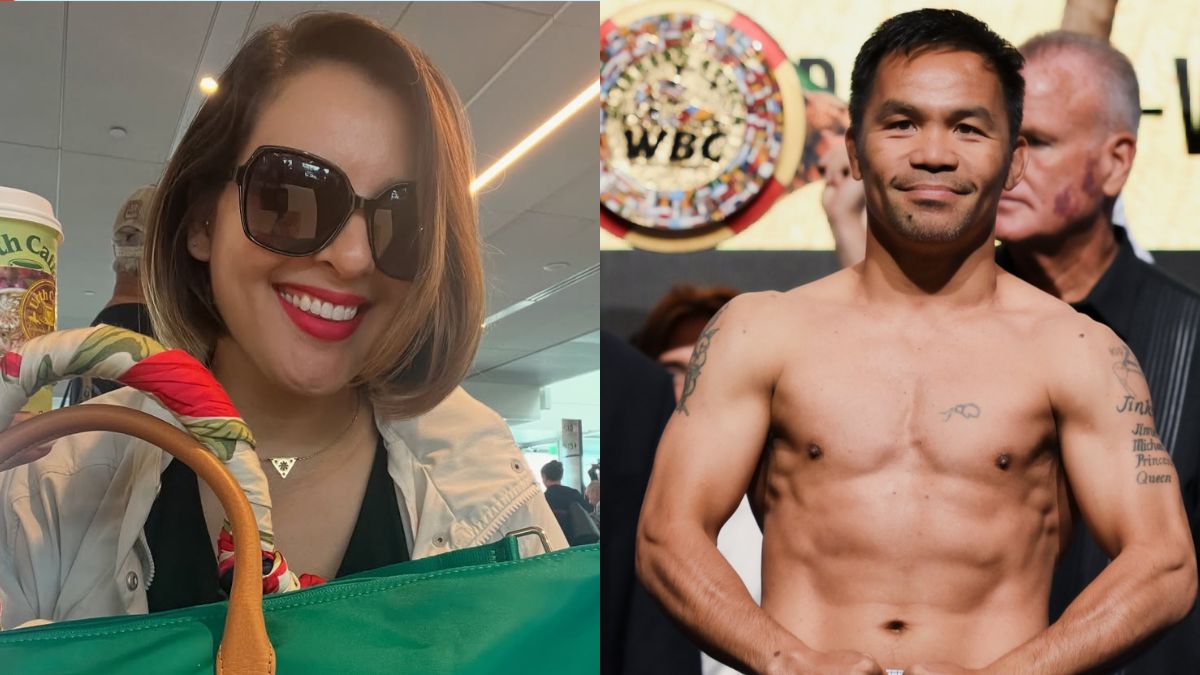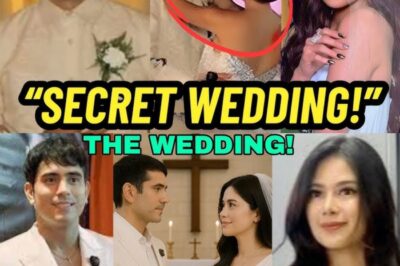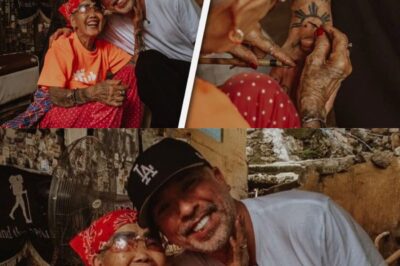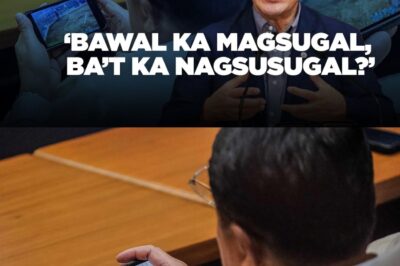As Manny Pacquiao steps back into the boxing ring, G Tongi steps forward with a reminder that can’t—and perhaps shouldn’t—be ignored.
A Comeback Fight or a Comeback Controversy?

All eyes are once again on Manny Pacquiao as he returns to the boxing ring to face WBC welterweight champion Mario Barrios at the MGM Grand Garden Arena in Las Vegas on July 19 (July 20 Philippine time). But just as the nation rallies behind the legendary boxer, actress and TV host G Tongi reignites a controversy that many hoped was long buried.
In a Facebook post that’s gaining viral traction, G Tongi called out the boxer-turned-politician for his “homophobic” remarks made back in 2016—reminding fans and critics alike that while the gloves may be back on, the wounds from his past statements remain fresh for many.
“Have people forgotten the homophobic comments of Manny when he said gays are worse than animals?! I mean, why do Filipinos have amnesia?!” Tongi wrote on July 19.
What Exactly Did Pacquiao Say?
The backlash traces back to February 2016, when Pacquiao, then running for senator, made a controversial statement during an interview. He said that people in same-sex relationships are “worse than animals,” questioning the naturalness of homosexuality by comparing human behavior to that of animals.
“It’s common sense… Do you see animals mating with the same sex? Animals are better because they can distinguish males from females. If men mate with men and women mate with women, they are worse than animals,” he stated.
This remark triggered global outrage. Sports giant Nike immediately dropped Pacquiao as a brand endorser. Celebrities like Vice Ganda, NBA legend Magic Johnson, and WWE superstar-turned-actor Dave Bautista publicly condemned the statement. Bautista, who has a gay mother, even covered up his “Team Pacquiao” tattoo in protest.
Though Pacquiao issued an apology shortly after the backlash, he reiterated his stance against same-sex marriage, saying he was merely expressing his religious beliefs. Yet for many, the damage had already been done.

Why Is G Tongi Bringing This Up Now?
The timing of G Tongi’s reminder is not accidental. As Filipinos prepare to watch their national boxing icon make his high-profile return, she wants the public to reflect on whether they’ve truly moved past the hurtful words he once said.
Her post isn’t just a critique of Pacquiao—it’s a broader commentary on public memory and accountability. In a country where celebrity status often shields public figures from lasting consequences, Tongi is calling for a moment of reckoning. Can we, as a society, continue to ignore hateful rhetoric just because it comes from someone we idolize?
Her words challenge us to ask: Is cheering for Pacquiao an act of national pride—or selective memory?
Should We Still Support Manny Pacquiao?
This is the core dilemma that Tongi’s post has reignited. On one side are those who believe in redemption, pointing to Pacquiao’s apology and saying everyone makes mistakes. On the other side are those who believe that some remarks—especially those that dehumanize a marginalized group—should not be brushed aside in the name of fame or patriotism.
For the LGBTQ+ community and its allies, this is not just about a comment made in 2016. It’s about the normalization of hate speech, and the pain that continues long after the media frenzy has faded.
Why This Still Matters in 2025
Nearly ten years have passed since Pacquiao’s controversial remarks, yet the Philippines still has no national legislation that protects LGBTQ+ individuals from discrimination. The SOGIE Equality Bill continues to stall in Congress. Hate crimes and social stigma remain persistent. In this context, public statements from influential figures like Pacquiao carry enormous weight.
G Tongi’s post, therefore, is more than a social media flashback. It’s a cultural wake-up call—a demand to hold those in power accountable, regardless of their status.
If we forget, or worse, choose to forget, what message are we sending to the next generation?
Final Round: Should the Past Be Forgotten?
As Pacquiao gears up for yet another fight in the ring, a different kind of fight unfolds online—a fight for truth, memory, and justice. G Tongi’s bold post asks us to look beyond the titles, the trophies, and the national pride, and to reflect on the values we uphold as a society.
Her reminder is simple but powerful: Don’t let fame silence truth. Don’t let applause drown out accountability.
What Do You Think?
Should Manny Pacquiao still be held accountable for his 2016 homophobic remarks? Has he done enough to earn public forgiveness, or do his past words still echo too loudly?
Join the conversation. Share your thoughts. And remember—what we choose to remember says just as much as what we choose to forget.
News
Secret No More: Gerald Anderson and Gigi De Lana’s Private Wedding in Batangas Breaks the Internet – Here’s What You Missed!
Did Gerald Anderson and Gigi De Lana just get married in secret? Yes — and the internet can’t keep calm….
“She Was Gone for Minutes”: Mona Alawi Found Unconscious, Ivana Alawi in Tears – What Really Happened?
In a moment that shocked fans across the globe, Mona Alawi, the beloved younger sister of actress and YouTube star…
Hanggang sa Muli, Mahal Kita’: Why Rufa Mae Quinto’s Heartbreaking Farewell to Her Husband Is the Story You Can’t Ignore
Filipino actress and comedienne Rufa Mae Quinto is grieving the unexpected passing of her estranged husband, Trevor Magallanes, and the…
Jo Koy Blessed by Tattoo Legend Whang-Od: The Viral Moment Everyone’s Talking About!
Why did Jo Koy travel all the way to the remote mountains of Kalinga? What really happened during his visit…
Caught Red-Handed: Congressman Busted Watching E-Sabong During House Session – Tulfo Weighs In!
In a moment that sent shockwaves through the online community and the halls of Philippine politics, a congressman was caught…
Claudia Barretto Breaks Silence: The Real Reason Behind Julia and Gerald’s Breakup – You Won’t Believe What She Revealed!
When celebrity couples part ways, the public is often left in the dark—guessing, speculating, and waiting for answers. But not…
End of content
No more pages to load












